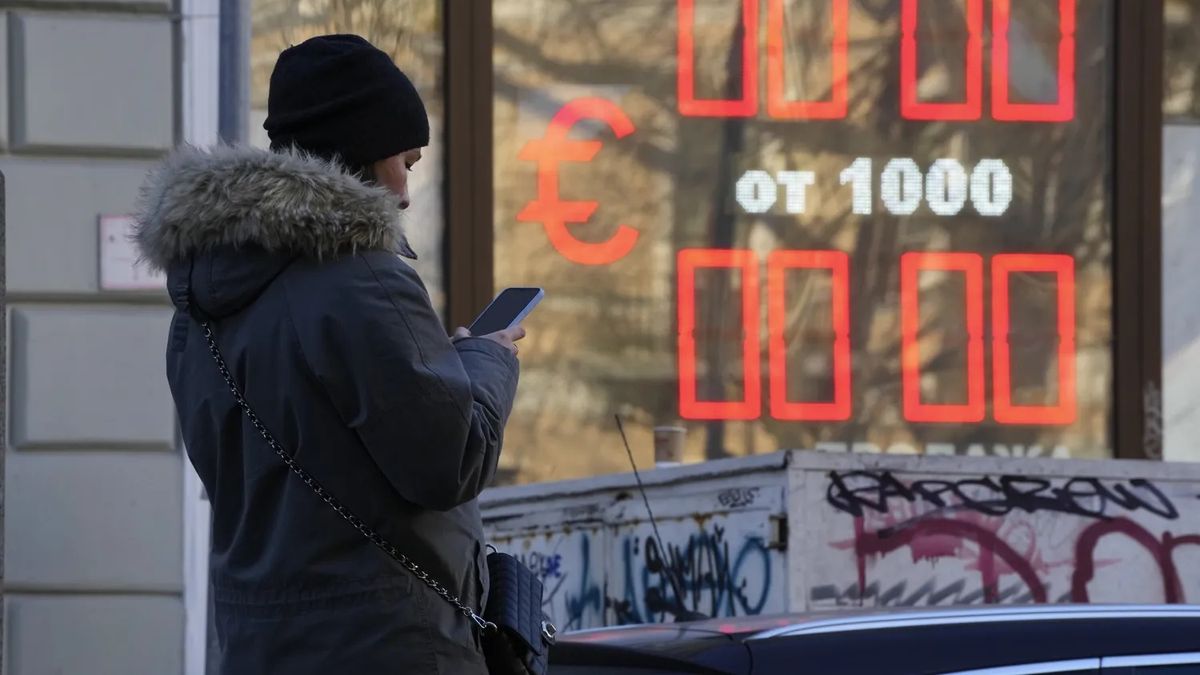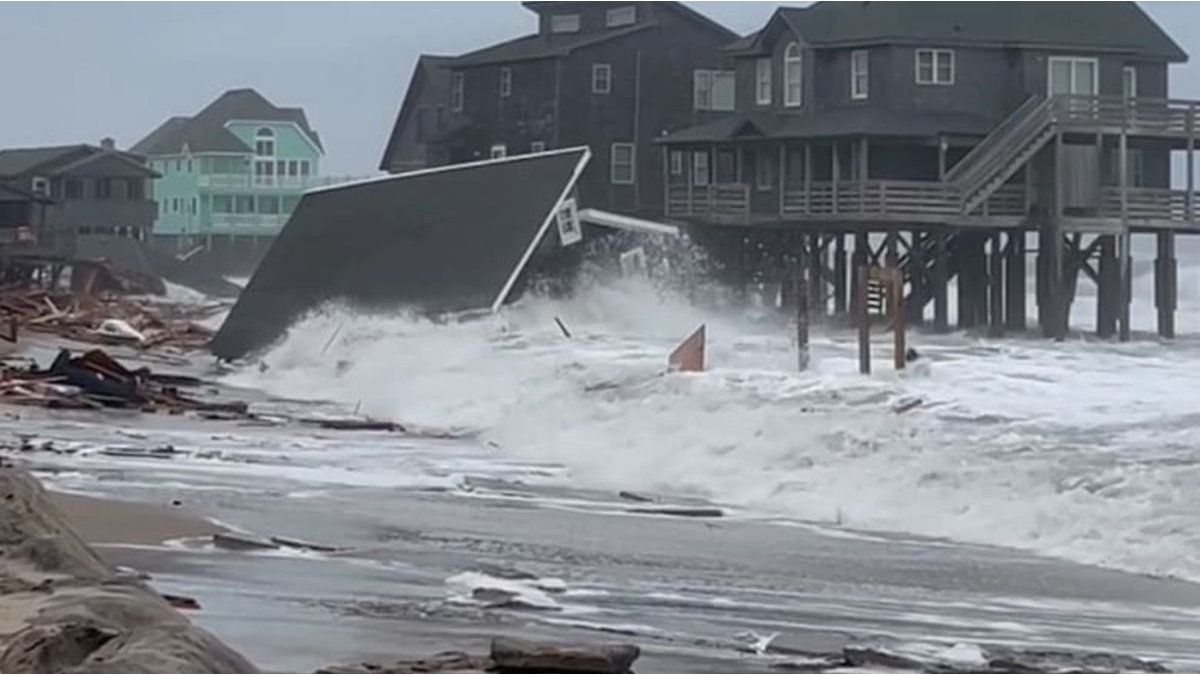“The statements according to which Russia cannot meet its obligations regarding its public debt do not correspond to reality,” the Finance Ministry insisted on Monday, assuring that “the freezing of foreign currency accounts of the Bank of Russia and the Government can be considered as the desire of foreign countries to provoke an artificial default“.
For Russia, it is not only about its future access to financial markets but about a matter of honour.
For two decades, and especially since the 2014 crisis, Moscow has made an effort to build good financial health, with a very low debt ratio and reserves of more than 600,000 million dollars accumulated thanks to the Petroleum.
But now, in retaliation for Russia’s military intervention in Ukraine, some $300 billion of those foreign reserves are frozen by Western sanctions.
A challenge for Russia in dealing with various foreign currency debt payments due in March and April.
Eurobonds issued since 2018 can be redeemed in rubles. But this is not the case with the first expected maturity, this Wednesday, a refund of 117 million dollars.
“This is a unique situation where the party imposing the sanctions will decide the Russian default in 2022,” Elina Ribakova, deputy chief economist at the International Institute of Finance (IIF), said on Monday.
Western sanctions have crippled parts of the Russian banking and financial system and caused the ruble to plunge. A default automatically cuts off a state’s access to financial markets and jeopardizes its profitability for years.
After the collapse of the Soviet Union, Russia alone inherited the defunct empire’s $70 billion in debt. It took more than a quarter of a century to get rid of this burden.
The painful and chaotic decade of the 1990s culminated in a debt default in 1998, when the Russian economy was weakened by, among other things, a financial crisis in Asia and the colossal cost of the first world war. Chechnya.
Twelve years passed before Russia was able to borrow on international markets again, with a new bond issue in 2011.
In the early 2000s, the country benefited from the influx of petrodollars thanks to the rise in oil and gas prices, which allowed it to accumulate reserves and definitively close the chapter on Soviet debt, with the last repayments in 2017.
In recent years Russia has been determined to rebuild its reputation as an impeccable borrowersome efforts that now run the risk of being truncated.
“Russia has the money to pay its debt, but it does not have access to it. What worries me the most is that there will be consequences beyond Ukraine and Russia,” said the head of the IMF, Kristalina Georgievin an interview with CBS on Sunday.
Although he ruled out the possibility of a global financial crisis, he stressed that the increase in food and energy prices caused by the crisis could lead to famines, especially in Africa.
Source: Ambito
David William is a talented author who has made a name for himself in the world of writing. He is a professional author who writes on a wide range of topics, from general interest to opinion news. David is currently working as a writer at 24 hours worlds where he brings his unique perspective and in-depth research to his articles, making them both informative and engaging.




